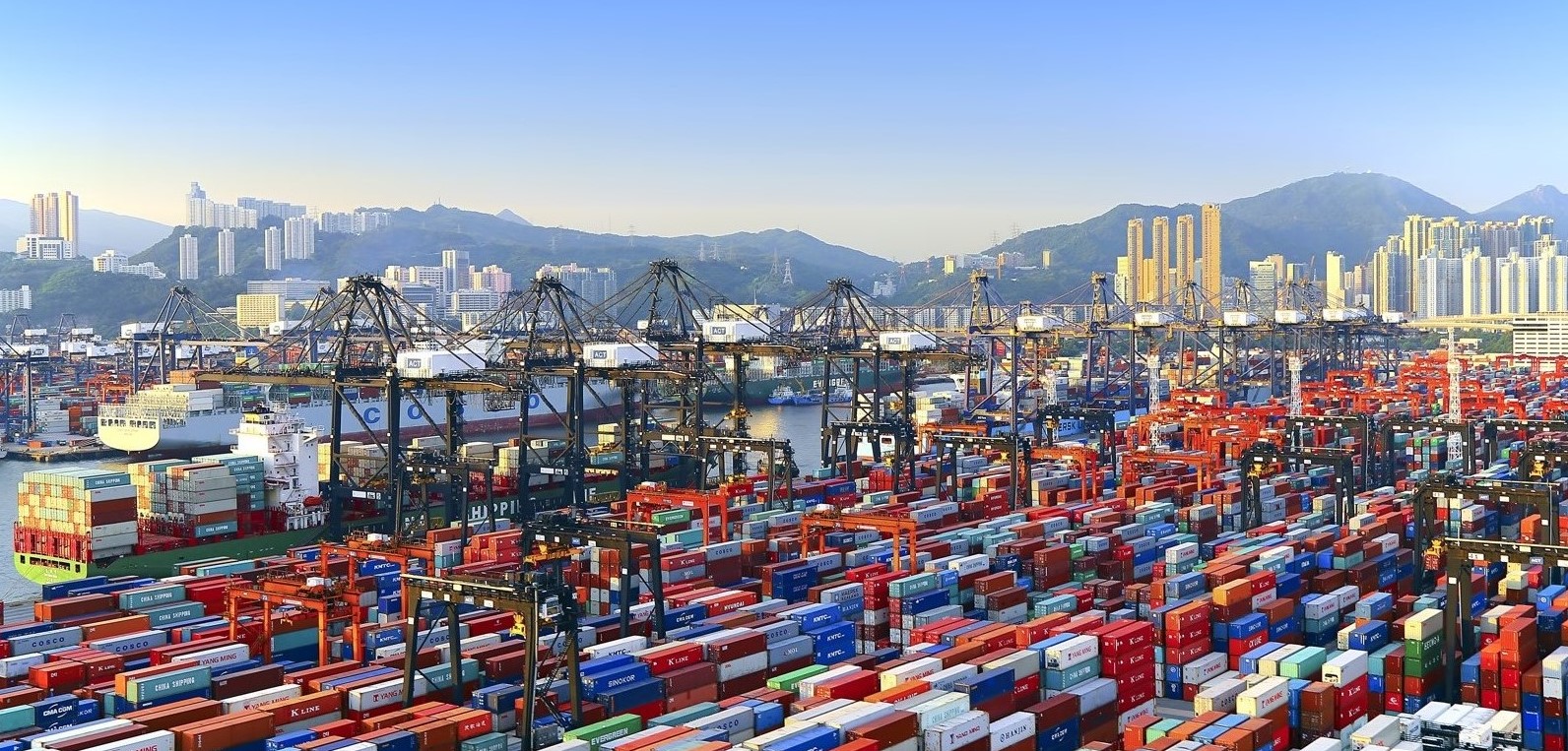By Alex Liu
Hong Kong, 25 February 2022: Import and export businesses are advised to start preparing for a significant new law which will come into effect later this year. The United Nations Convention on Contracts for the International Sale of Goods (CISG) will be implemented in Hong Kong, bringing a set of unified rules for commercial transactions.
The CISG is viewed as the most successful, substantive and widely-used commercial law treaty in the global marketplace. Its purpose is to provide a uniform and fair regime for contracts for the international sale of goods, thereby introducing certainty in trading agreements and decreasing transaction costs.
Background
The contract of sale is the backbone of international trade in all countries, irrespective of their legal tradition or level of economic development. The CISG is therefore considered one of the core international trade law conventions whose universal use is desirable. It was adopted at a UN conference in Vienna in 1980 and entered into force eight years later. Currently, there are more than 90 contracting states to the CISG, including China.
Hong Kong’s government conducted a six-month public consultation in 2020 about whether to adopt the CISG, receiving general support from respondents who included the Law Society of Hong Kong and the Hong Kong Bar Association. Consequently, the Sale of Goods (United Nations Convention) Ordinance was passed by the Legislative Council in September 2021 and is envisaged to take effect in the third quarter of this year.
Key points
The CISG relates to tangible property capable of delivery, such as raw materials, commodities and finished goods. It does not govern contracts for services. Also excluded are sales of real estate; consumer sales (that is, goods bought for personal, family, or household use); sales by auction; stocks, shares, securities and the like; and sea-going vessels and aircraft.
It applies automatically to contracts for the sale of goods between parties whose places of business are in different contracting states. Further, it also applies to international sales contracts where the rules of private international law (ie the choice-of-law or conflict-of-law rules of the court or tribunal hearing a dispute) lead to the application of the law of a CISG contracting state.
It should be noted that any state, upon joining the CISG, may declare it will not be bound by this latter provision. While China has made such a reservation (likewise the United States and Singapore), Hong Kong has not, having considered responses received in the public consultation.
Party autonomy is a fundamental principle of the UN Convention. With very limited exceptions, the parties can, by agreement, derogate from or vary the effect of any provisions of the CISG, or exclude the Convention’s application entirely.
Benefits to Hong Kong
The CISG will protect businesses here from being subject to unfamiliar foreign laws when entering into cross-boundary transactions and will provide them with an additional choice-of-law option. It is especially helpful to small and medium-sized enterprises which might not have the same access to legal advice as larger firms. More than half of Hong Kong’s top 20 trading partners by volume are signatories to the CISG. About 45% of the countries and regions participating in China’s Belt and Road Initiative are also contracting parties.
The CISG, being an international convention, will not apply to transactions between businesses in the Mainland and those in Hong Kong. However, the government’s consultation revealed general support for applying the CISG rules to such transactions by way of a mutual arrangement. Discussions with the Central People’s Government on this matter are underway.
Summary
Implementation of the CISG is good news for Hong Kong enterprises since it offers them greater protection and the potential to reduce costs. On a wider scale, it enhances Hong Kong’s legal infrastructure for the international sale of goods and bolsters its role as an international hub for trade and dispute resolution. Since the aim of the CISG is to reduce legal barriers and promote the development of international trade, its application has the potential to facilitate Hong Kong’s GDP and trade growth.
A Partner in BC&C since 2000, Alex Liu’s key areas of practice include commercial and corporate litigation, investigations by governmental bodies such as the SFC, ICAC and Commercial Crime Bureau, insolvency and debt restructuring, intellectual property, defamation, property and commercial contract drafting. He can be contacted at alex@boasecohencollins.com.



